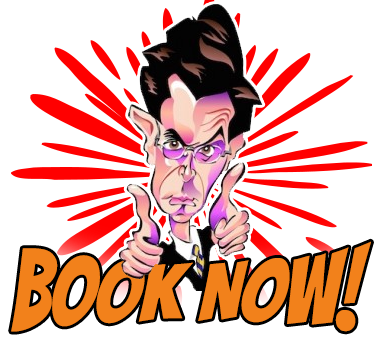Experiencing disruptions from a noisy furnace can be both unsettling and concerning for homeowners. It’s essential to recognize that unusual sounds emanating from a heating unit often signify underlying issues that require immediate attention. Proper heating system troubleshooting is crucial to ensure the comfort and safety of your living space.
Various factors can contribute to the clattering and banging sounds that interrupt your winter serenity. Neglecting these disturbances could lead to more significant problems down the line. Engaging in regular professional heating maintenance can prevent costly repairs while extending the lifespan of your system.
With the right HVAC repair tips, homeowners can identify common culprits behind disruptive noises and take the necessary steps to address them, creating a quieter, more comfortable home environment. Stay informed and proactive to keep your heating system in optimal condition.
Identifying Common Sounds and Their Causes
Understanding the different noises your heating system produces can be crucial for effective troubleshooting. Each sound often indicates a specific issue that might need attention. For instance, a booming or thumping sound can signify that your system is struggling with airflow, possibly due to a dirty filter or ductwork that needs attention.
High-pitched whistling noises might be a sign of air leaks in the ducts or improper installation, while rattling or banging noises could indicate loose components that require tightening or replacement. Professional heating maintenance can help in identifying and resolving these issues before they escalate.
Sometimes, you might hear a humming or buzzing sound, which can point to electrical problems within your unit. In such cases, consulting HVAC repair tips is advisable to prevent any potential hazards.
Strange HVAC sounds not only serve as alerts but also present an opportunity to enhance the longevity and efficiency of your system. Regular inspections can pinpoint these issues early, ensuring a quieter and more effective operation. For more information, visit https://comfortmastersair.com.
Steps to Troubleshoot Noisy Furnaces
Addressing a noisy heating system can be essential for both comfort and safety. Begin by inspecting the thermostat settings to ensure they are accurate and correctly calibrated. Inconsistent temperature readings can sometimes lead to unexpected sounds from the system.
Next, check the air filters. Dirty or clogged filters can restrict airflow, causing strain on the unit, which may lead to strange HVAC sounds. Replacing or cleaning the filters regularly is a key part of professional heating maintenance.
Inspect the ductwork for any loose or damaged sections. Air leaks or poorly sealed joints can create rattling and banging noises during operation. Sealing these gaps can result in quieter performance and improved efficiency.
Listen for any unsettling vibrations. Tightening loose screws and bolts on components can significantly reduce these disturbances. Ensure all parts of the heating unit are secured properly to eliminate potential noise sources.
If unusual sounds persist, it may be time to consult with HVAC professionals. They can provide expert insights and effective HVAC repair tips to diagnose and resolve underlying issues that may not be immediately apparent.
When to Call a Professional for Heater Repairs
It’s essential to recognize when a heating system requires expert assistance. If strange HVAC sounds persist despite troubleshooting attempts, seeking professional heating maintenance is advisable. Unusual noises can indicate underlying issues that may not be easily resolved through DIY methods.
Additionally, if you notice fluctuations in temperature or a complete shutdown of the unit, these can be signs of significant problems. In such cases, reaching out for HVAC repair tips from qualified technicians can help prevent further damage and ensure the longevity of your system.
It’s wise to act promptly if there’s a burning smell or any signs of electrical issues. These situations warrant immediate professional intervention to guarantee safety and effectiveness in heating system troubleshooting.
Ultimately, a trained technician can provide a thorough diagnosis that ensures a reliable and efficient operation of your heating equipment, minimizing the risk of future complications.






